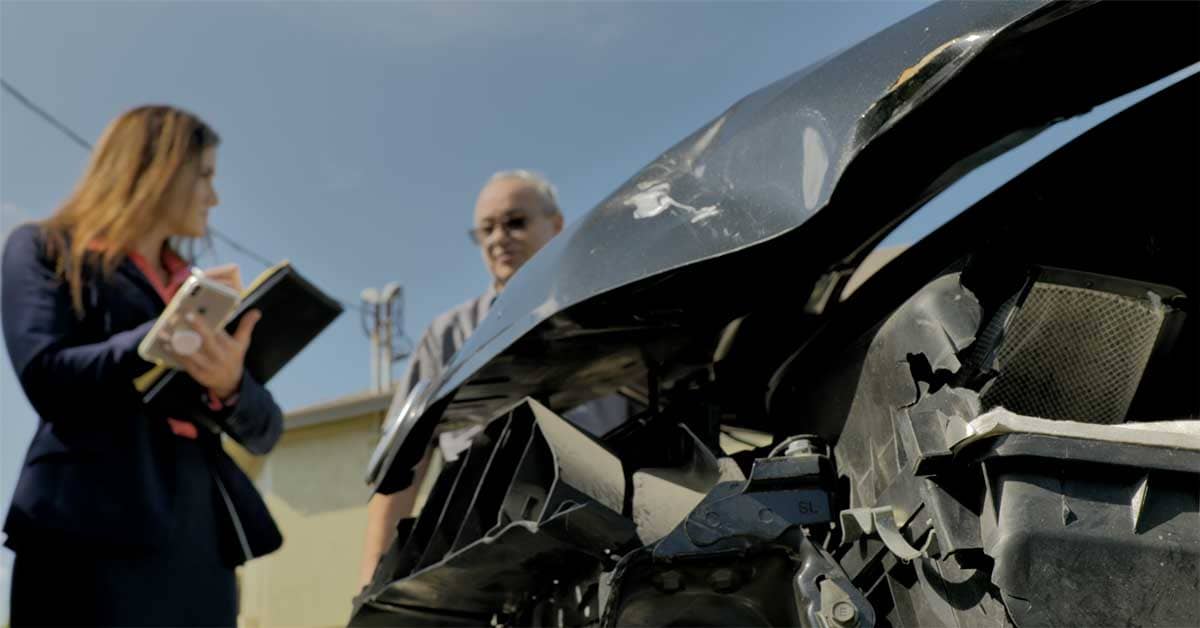
What a Driver Is Required To Do After an Accident
When a person is involved in a car accident, they are required to give certain information to any other party whose property was damaged, or who was injured. If they cannot give the information directly to the property owner (they hit a parked car, for example) then they must report the crash to the police.
The information they must provide includes:
- Name
- Address
- Vehicle Registration Number
- Driver’s license/permit
They must also provide reasonable assistance to anyone who was injured in the crash, including making arrangements to have them transported to a hospital, if necessary. Last, a driver must always wait for police to arrive to the scene when significant damage has occurred. Even if they disagree, if the police have been called, they must wait. Leaving before they arrive could result in hit and run charges.
What Is Considered Hit & Run Under Florida Law?
When Only Property Is Damaged
This part of the statute requires any driver involved in a crash—whether it occurs on public or private property—to stop and complete the requirements listed above. A willful failure to follow these steps can result in a third degree felony charge. This could land an offender in prison for up to five years, and result in $5000 in fines, to say nothing of the potential legal fees. The person’s driver’s license will be revoked for at least three years. The driver can also be held responsible for financial costs related to the property damage.
When Another Party Is Seriously Injured
If a driver is involved in a crash that causes serious bodily injury to another person, they must stay at the scene of the crash until they have fulfilled the above requirements. If they willfully fail to comply with these requirements, they may be convicted of a second degree felony. The penalties for a second degree felony hit and run charge include a maximum prison sentence of 15 years, a $10,000 fine, and a minimum driver’s license suspension of 3 years.
When Another Party Dies
If a person flees the scene of a fatal accident, the consequences are extremely severe. They can be charged with a first degree felony, one of the most serious crimes under Florida state law. In addition to a three year (or more) suspension of their driver’s license, this charge carries a prison sentence of up to 30 years and a fine of as much as $10,000. If a person has prior convictions for certain traffic-related crimes, including hit and run or DUI, they will be immediately arrested and held in custody until they stand before the court for admittance to bail.